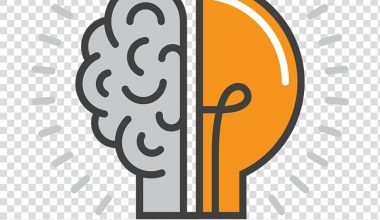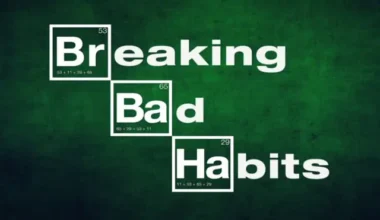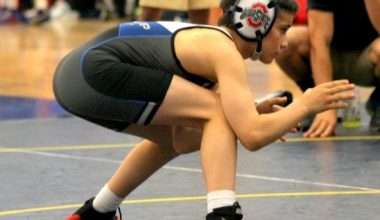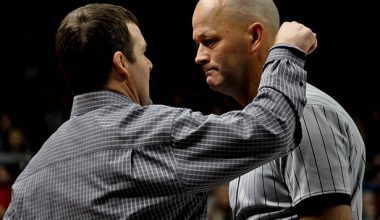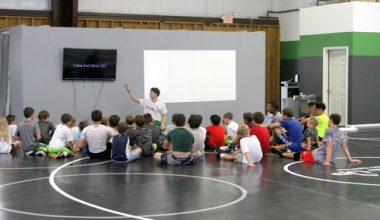As the wrestling season goes on it’s easy to fall into a routine of drilling simply for the sake of drilling. But are they actually getting better?
In order to grow and improve at any skill, it has been proven that you need hours and hours of deliberate, purposeful practice. How many hours? In the book, Outliers by Malcom Gladwell he coined the “10,000 rule.” According to this rule, it takes 10,000 hours of practice to become a master in any particular field. But is this actually true?
This rule was derived from a study by Anders Erickson performed in 1993 of Berlin violin students. Erickson went on to write a book called Peak: Secrets from the New Science of Expertise In his book, Erickson debunks this “rule” and says that it was taken out of context. Ten thousand was simply the average amount of hours that the best violinists had spent on solitary practice by the time they were 20 years old. In Peak, he explains that what truly made people masters and sped up the learning curve was the amount of “deliberate practice” they put in. For some to achieve mastery it took much less than ten thousand.
Erickson goes on to explain that “…deliberate practice…that are designed to achieve a certain goal consists of individualized training activities – usually done alone – that are devised specifically to improve particular aspects of performance”. An hour of performing or basic practice “is not the same as an hour of focused, goal-driven practice that is designed to address certain weaknesses and make certain improvements.” So it’s not about the amount of hours, but what you put into those hours.
So what does this mean for wrestling?
You must challenge your wrestlers to think about what exactly they are getting better at. So instead of saying “Okay guys, drill your double legs” consider something like “Today our focus when drilling is where your eyes are looking and head is placed. As you level change, keep your chin up. When you shoot, don’t put your ear on their butt; make sure it’s in the middle of their back and then turn your head to look across their far shoulder.” Focus efforts on no more than 1-3 very specific areas. And then, in my experience, more important than just telling them what to focus on, is to actively work the room and FIX individual issues. Diagnose root causes of the issues they are facing and then in some cases, physically move then to the correct position. Help them experience what success feels like so they can repeat that the next time they drill.
As the season goes on, start having them also set individual goals. Instead of you telling them where to focus, ask them to come up with 1-2 specific areas they will focus on that day or for that particular drill. This could be technical aspects such as head or hand placement, but also improving speed, power or grit. The point is, do not let them simply drill for drill sake. When you have a specific purpose in mind (fixing an issue or improving something you are already good at), major progress is made.
How else can you teach them to be deliberate?
- Have them take notes after practice and matches – Even young kids can simply tell their parent to write down a few things that they felt or that coach told them
- Make sure they own it – this will be harder with younger kids, but even as old as 8 years old they can start being introspective. Instead of saying “I want you to work on keeping your head up on bottom”, say “You’ve been getting better at bottom but there’s one thing that will make a big difference. What do you think you need to focus on?”
- Independent Work Time – Carve out 10-20 minutes of practices where they can decide what they need to focus on. Remind them of goals they have and explain that you expect focus and not playing around, otherwise you can spend that time doing what you want to do.
- Compete – If they are not attending competitons, they will not know where to focus their time to get better. This is a criticial part of the learning cycle in wrestling.
- Stay after practice to work on one thing for 5-10 minutes – make this the culture of your room.
- Private lessons – This can be with one of your coaches or an outside training center. Not everyone can afford it, but it certainly can make a difference in how quickly someone makes progress.

